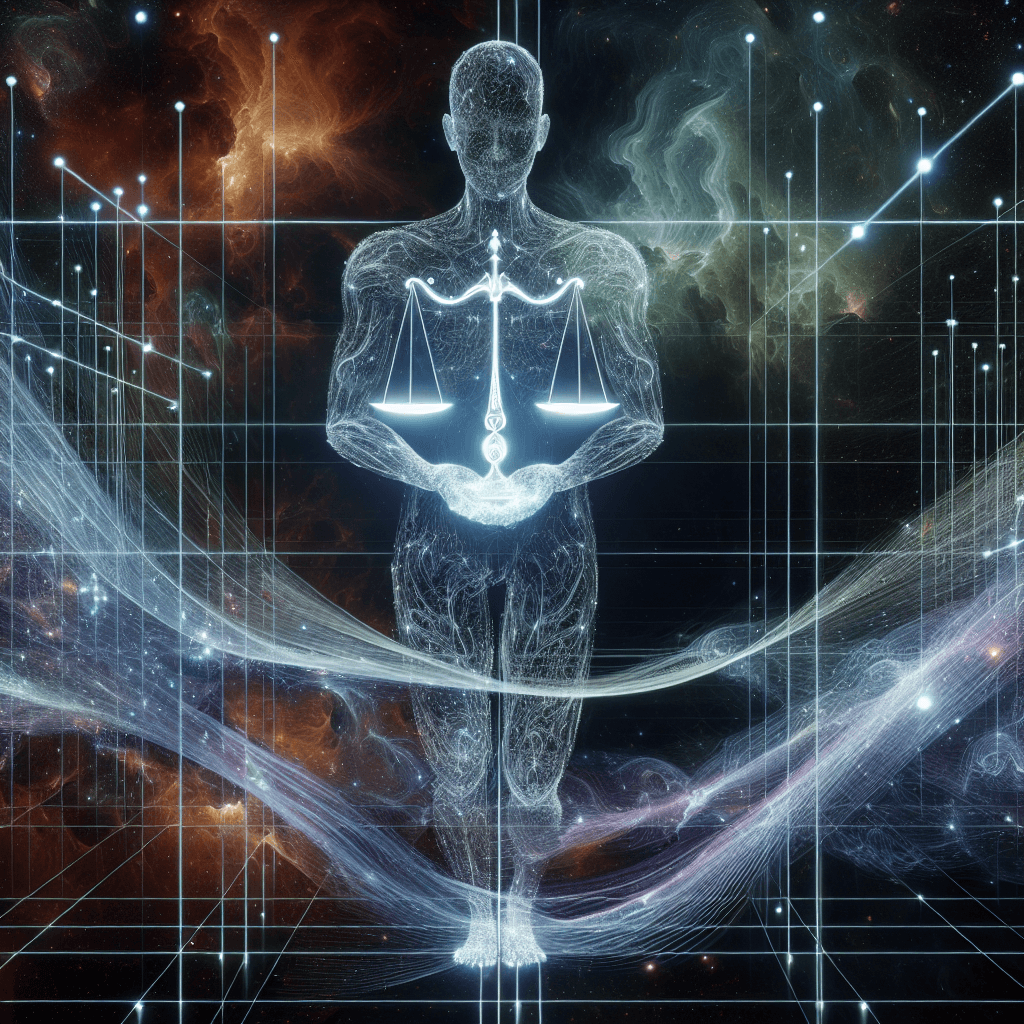Decoding the Conscience of Machines: The Rising Imperative of AI Ethics and Responsibility in a Digital Age
Introduction
As machines and artificial intelligence (AI) continue to permeate every aspect of modern life, the urgency to instill ethical consciousness in these technologies has become a pressing concern. The burgeoning landscape of AI systems, governing our interactions, decisions, and experiences, raises fundamental questions about accountability, transparency, and responsibility. As we cede more control to machines, it's imperative to introspect and redefine the boundaries of their autonomy. This article delves into the complexities of AI ethics, exploring the challenges, opportunities, and imperatives for responsible development and deployment.
The AI Conundrum: Bias, Transparency, and Accountability
AI systems, touted as objective and neutral, often mirrored human biases, perpetuating and amplifying existing social inequalities. Biases in data collection, algorithm design, and deployment can lead to discriminatory outcomes, eroding trust in AI decision-making. The lack of transparency in complex AI systems, often referred to as "black boxes," makes it challenging to identify and rectify biases.
Accountability is another pressing concern, as AI systems increasingly influence critical decision-making in healthcare, finance, and education. Who is liable when an AI-driven system malfunction or causes harm? The current regulatory landscape is still grappling with these questions, underscoring the need for a comprehensive framework to oversee AI development.
The Ethical Imperative: Value Alignment and Human-Centric Design
As AI assumes a more significant role in shaping our world, it's crucial to ensure that these systems are aligned with human values and ethics. Value alignment involves designing AI systems that share our moral principles, prioritizing human well-being, dignity, and autonomy. Human-centric design, which prioritizes empathy, fairness, and transparency, is essential for fostering trust and mitigating unintended consequences.
Moreover, AI developers must recognize the intrinsic value of biodiversity, environmental sustainability, and social justice, integrating these considerations into AI development and deployment. By doing so, we can create AI systems that augment human capabilities while mitigating harm and promoting the greater good.
Responsibility in AI: Education, Governance, and Industry Collaboration
Education plays a vital role in instilling AI ethics and responsibility in the next generation of developers, policymakers, and users. Integrating AI ethics into curricula and professional training programs can equip individuals with the necessary skills and knowledge to develop and deploy responsible AI.
Governance and regulatory frameworks must also evolve to address the unique challenges posed by AI. Governments, industries, and civil society must collaborate to establish accountability mechanisms, standards, and guidelines that ensure AI development aligns with societal values and ethical principles.
Industry collaboration is crucial, as companies can share best practices, research, and expertise to drive responsible AI development. Industry-wide standards, such as IEEE's Ethically Aligned Design, can provide a unified framework for AI ethics, informing design decisions and ensuring accountability.
Practical Steps Toward Responsible AI Development
- Transparency and Explainability: Develop AI systems that provide clear explanations for decision-making processes, enabling users to understand and trust AI-driven outcomes.
- Human-in-the-Loop: Implement human oversight and review mechanisms to detect and rectify biases and errors in AI decision-making.
- Value Alignment: Integrate human values and ethics into AI development, prioritizing human well-being, dignity, and autonomy.
- Multi-Stakeholder Engagement: Foster collaboration between industry, government, civil society, and academia to drive responsible AI development and deployment.
- Continuous Education and Training: Provide ongoing education and training programs for AI developers, policymakers, and users, emphasizing AI ethics and responsibility.
Conclusion
As AI continues to reshape the fabric of our society, it's essential to acknowledge the imperative of AI ethics and responsibility. By recognizing the potential risks and challenges, we can collectively work toward developing AI systems that benefit humanity as a whole. Education, governance, and industry collaboration are critical components of this endeavor.
Call to Action
Are you interested in exploring AI ethics and responsibility further? 01TEK's innovative eLearning platform offers a range of courses and resources designed to equip you with the knowledge and skills necessary to navigate the complexities of AI development. From AI ethics and human-centric design to blockchain-verified certification, our platform provides a comprehensive learning experience. Join the 01TEK community today and embark on a journey to decode the conscience of machines!
There is no happiness except in the realization that we have accomplished something.
Henry Ford



